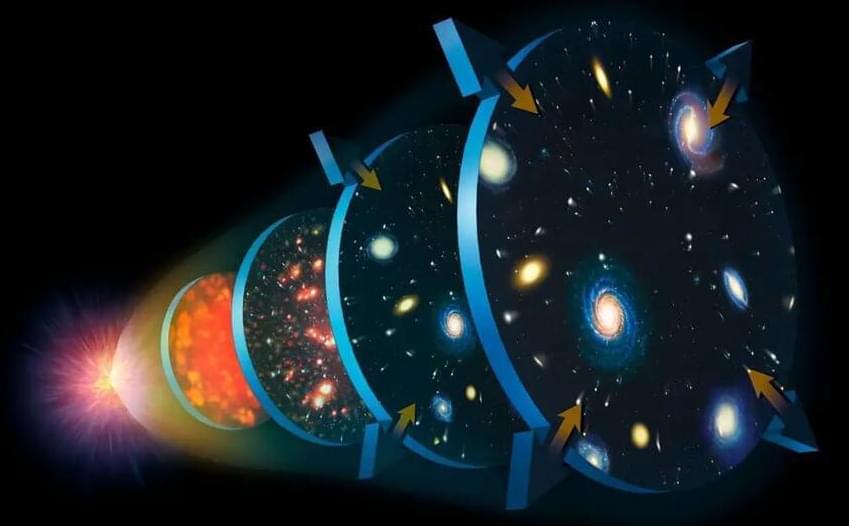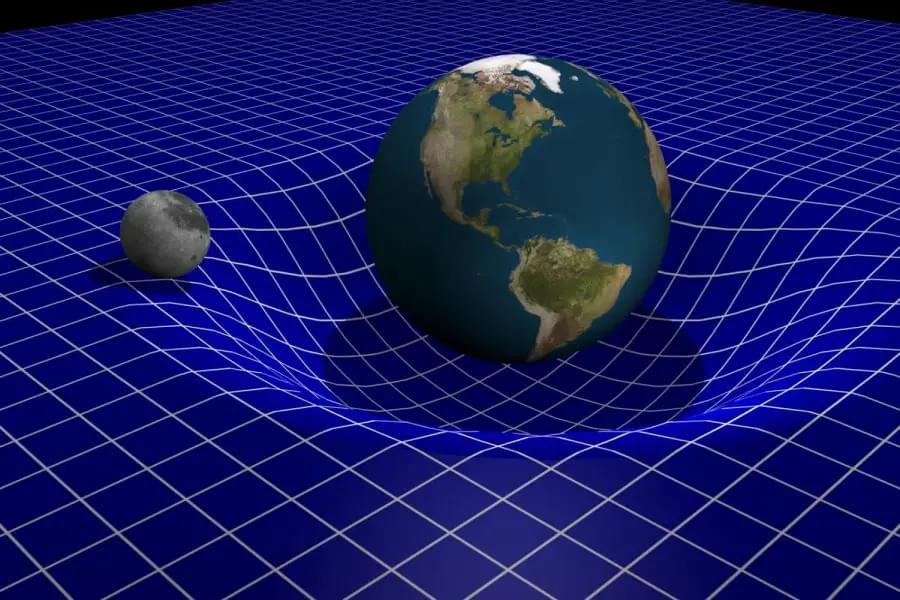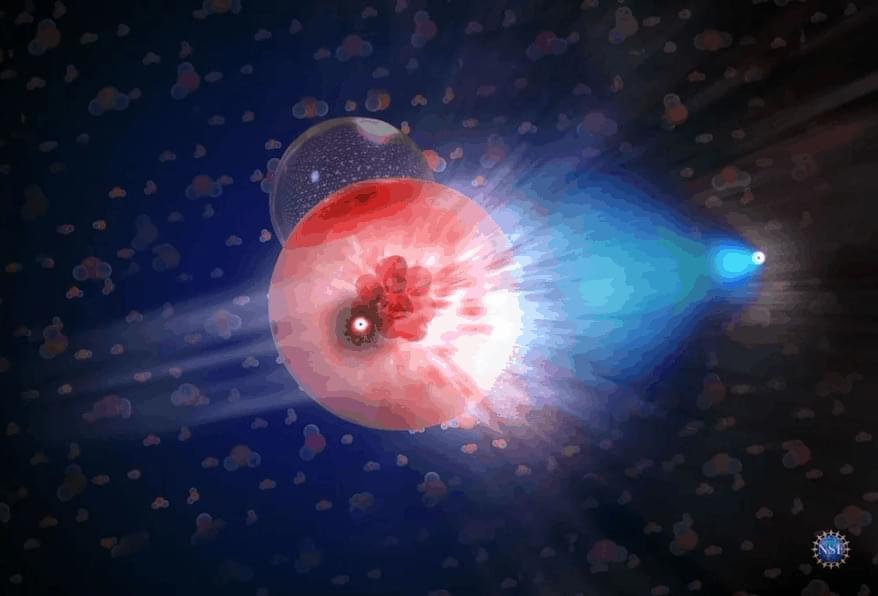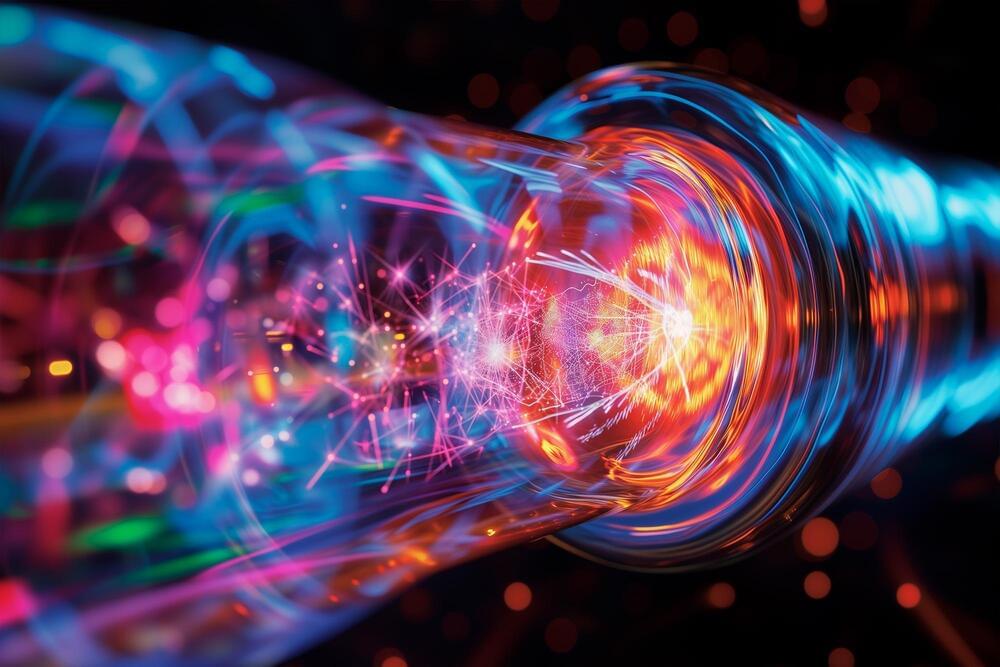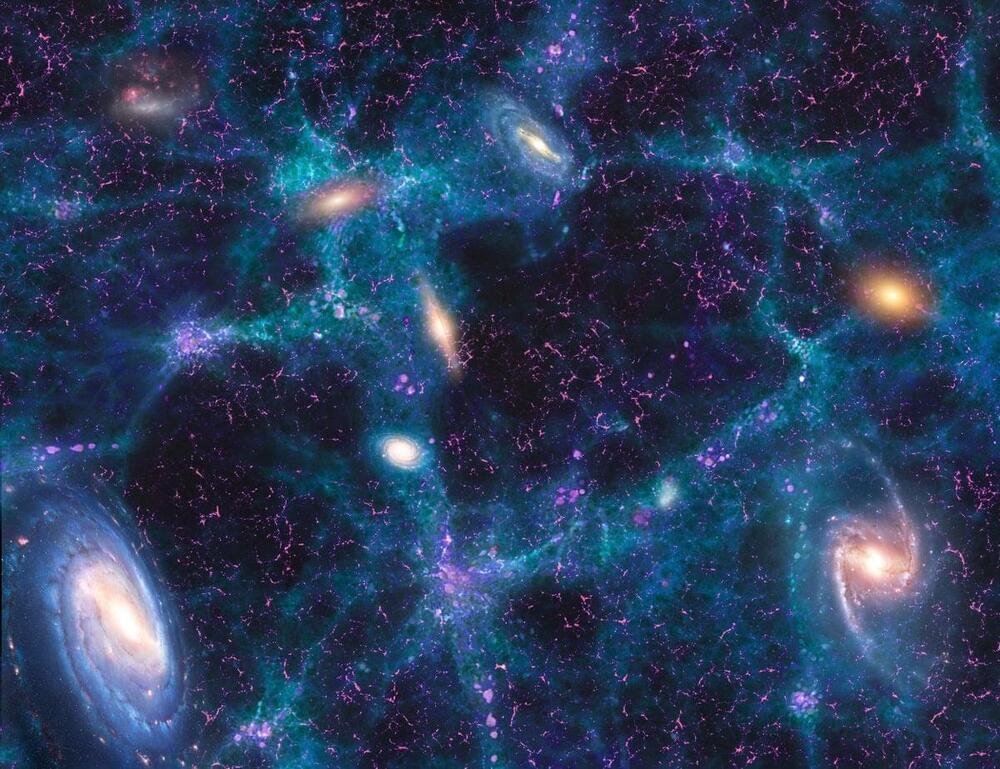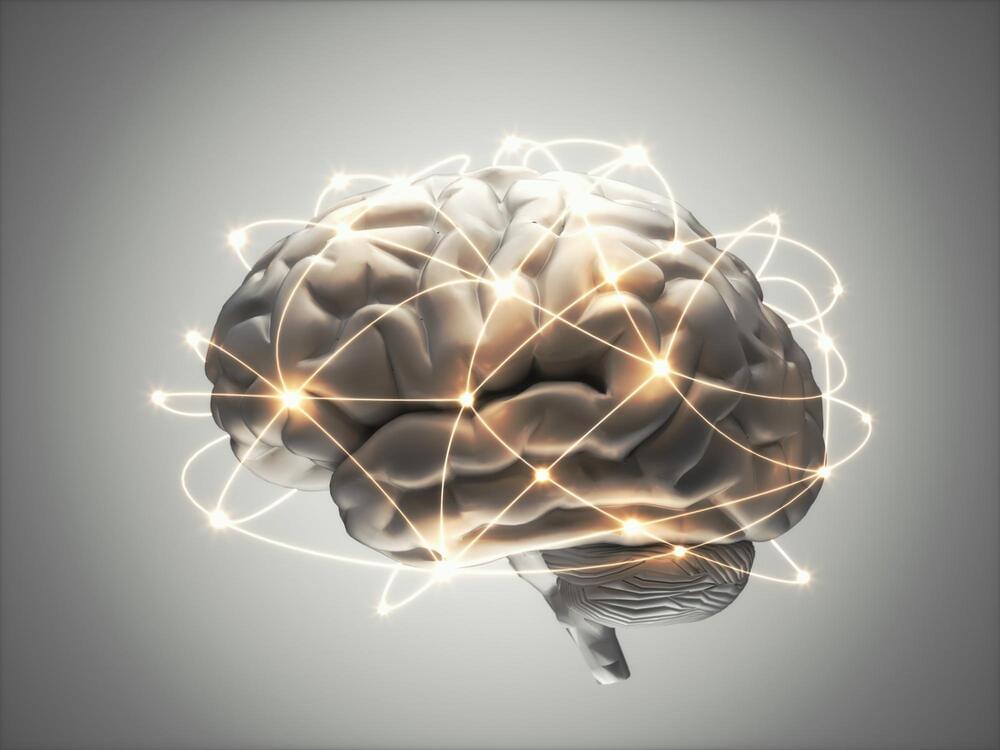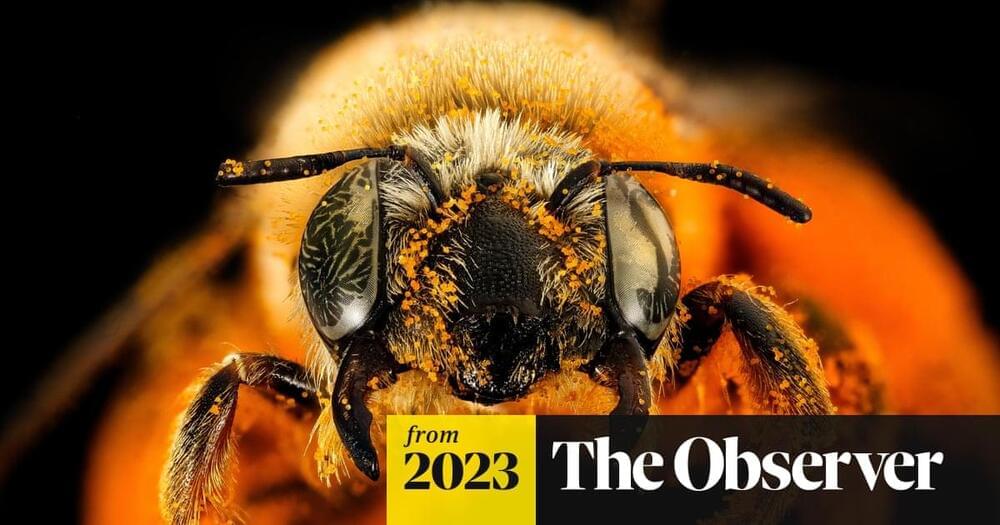Researchers have developed a method to direct stem cells to form specific structures. By triggering the expression of specific genes in mouse embryonic stem cells, synthetic organizer cells were created, which can assemble in specific ways and carry out various phsyiological functions. This work is an important step on the road to eventually using synthetic cells to repair damaged tissues or regenerate organs. The research has been reported in Cell.
The researchers created synthetic organizer cells that could generate a structure like a mouse body, from head to tail, that underwent processes that were similar to those in mouse embryonic development. Another type of synthetic organizer cell was used to produce a structure that was similar to a heart, and featured a central chamber. This synthetic, heart-like structure also had a network of blood vessels and beat regularly.
